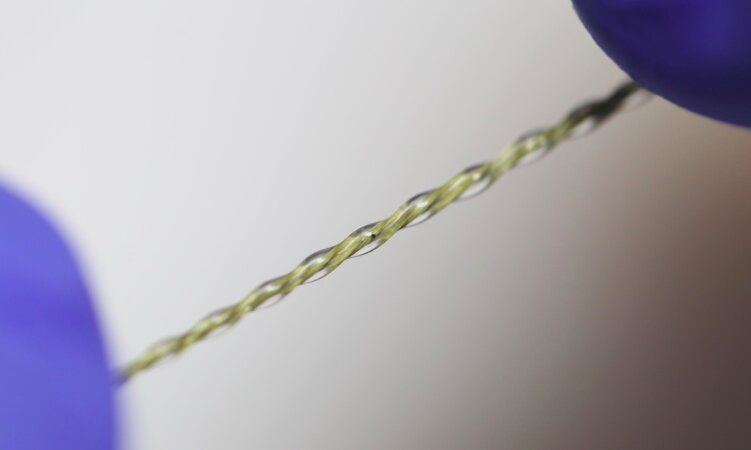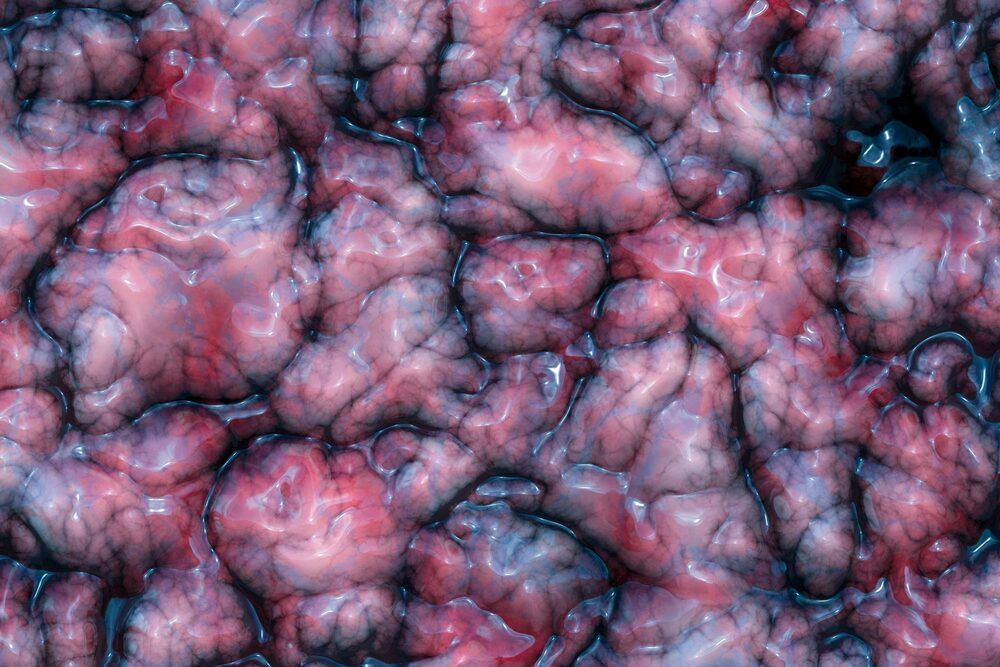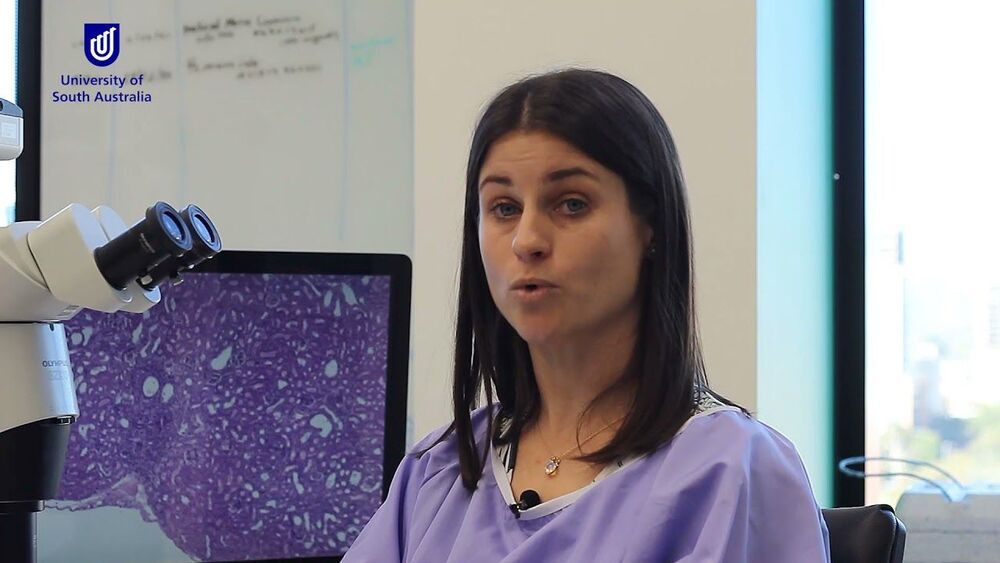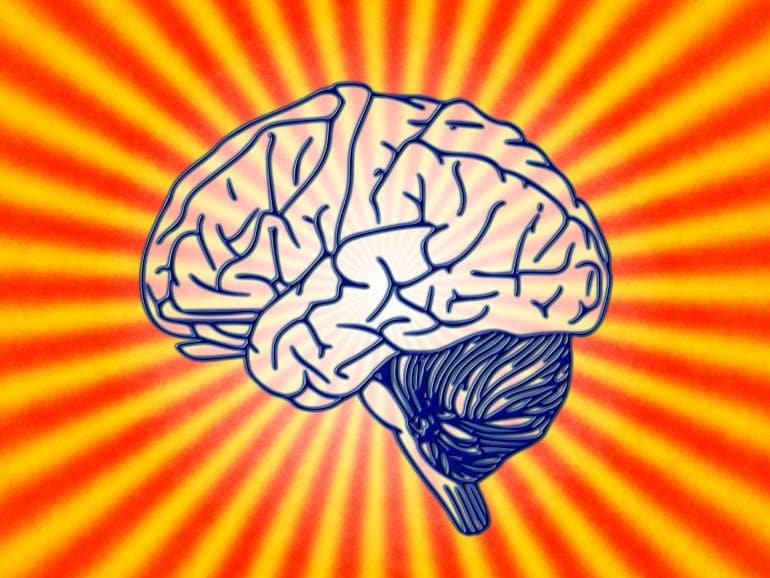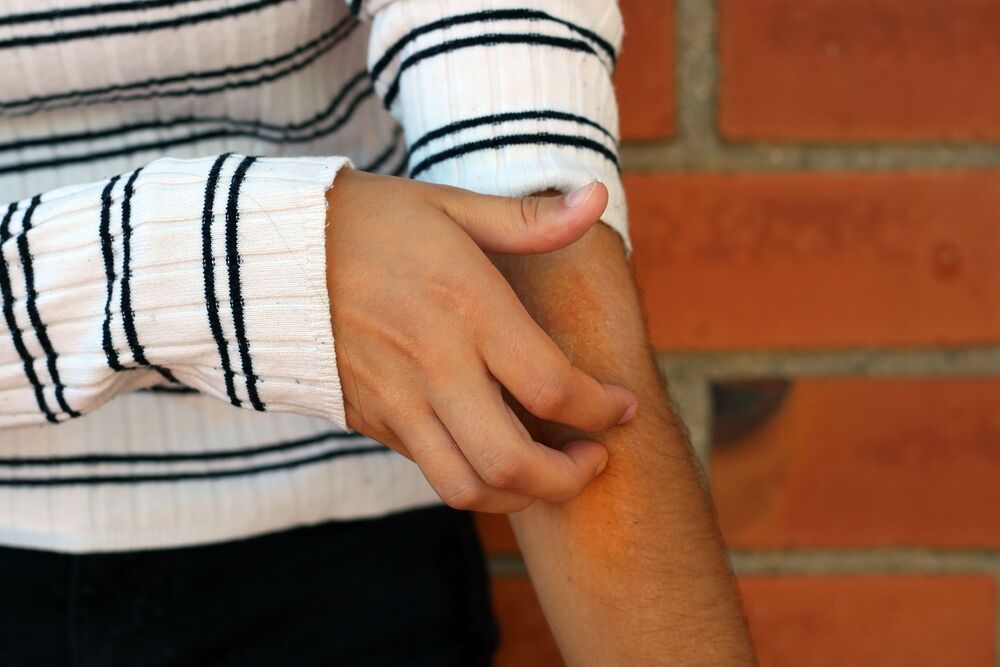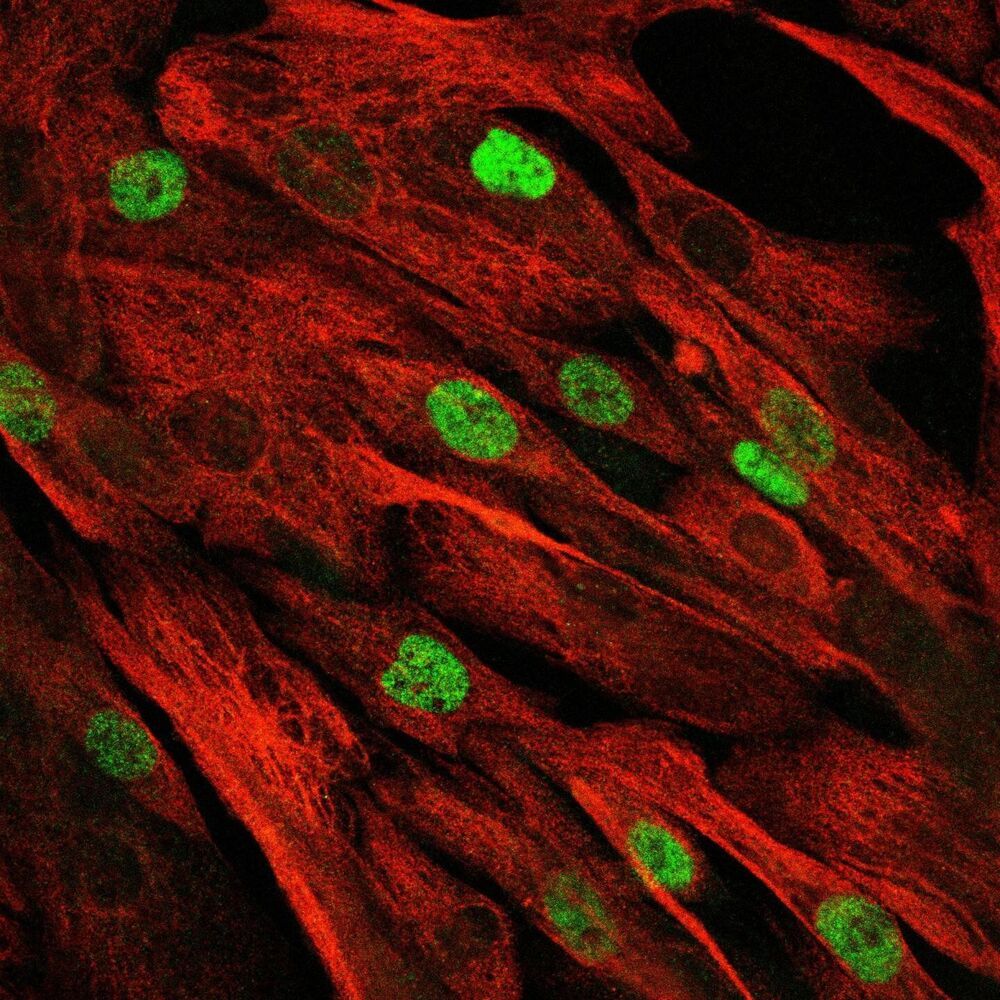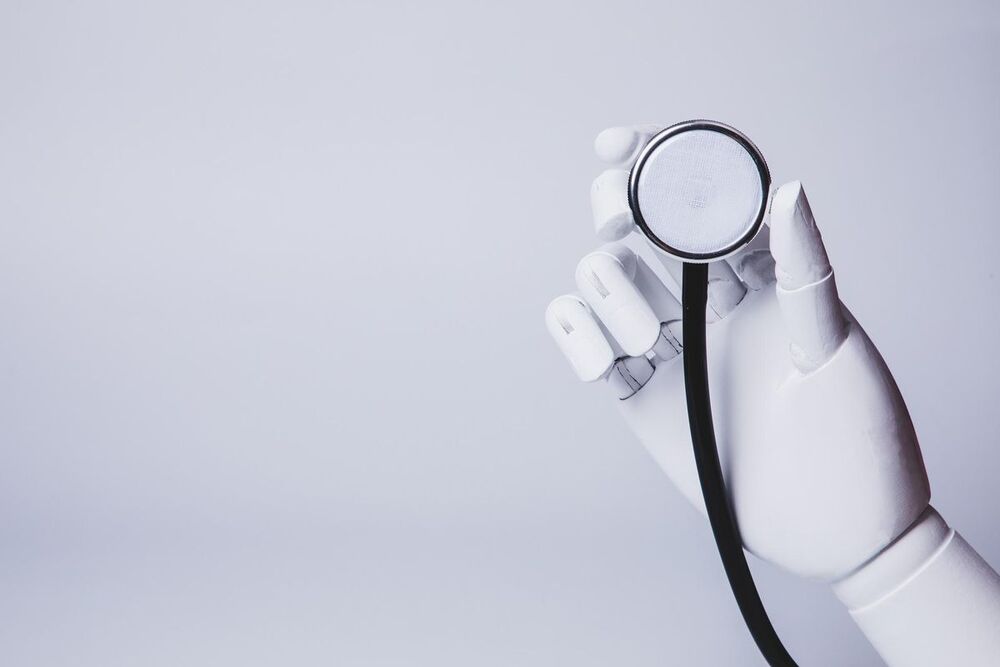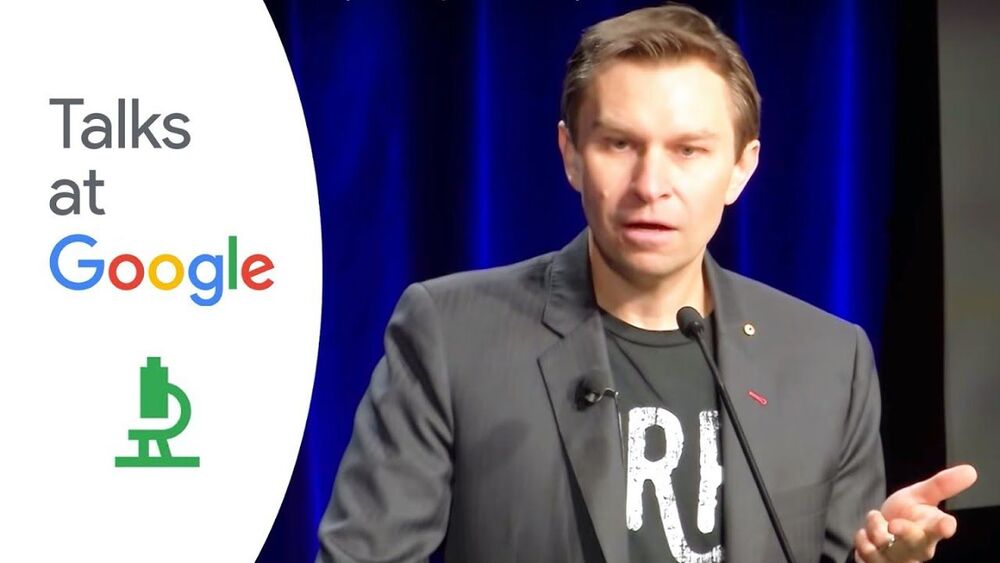May 7, 2021
A stretchable and suturable fiber sensor to monitor biomechanical tissue strain
Posted by Saúl Morales Rodriguéz in categories: biotech/medical, health
Implantable electronics are among the most promising healthcare technologies, as they can help to remotely monitor specific biological processes associated with a patient’s health. While researchers have developed a variety of implantable devices over the past decade or so, existing technologies have several limitations that can prevent their widespread use in clinical settings.
The first factor preventing the large-scale implementation of existing implantable technologies is the structural mismatch between these devices and most organs/tissues in the body, which typically have complex 1D or 3D structures. Secondly, reliably fixing soft electronic devices on organs that are moving or pulsating has so far proved to be highly challenging.
Researchers at Daegu-Gyeongbuk Institute of Science & Technology (DGIST) in South Korea and ETH Zürich have recently developed a new fiber-based strain-sensing device that could overcome the limitations of existing implantable electronics. This sensor, presented in a paper published in Nature Electronics, comprises a capacitive fiber strain sensor with an inductive coil for wireless readout.
